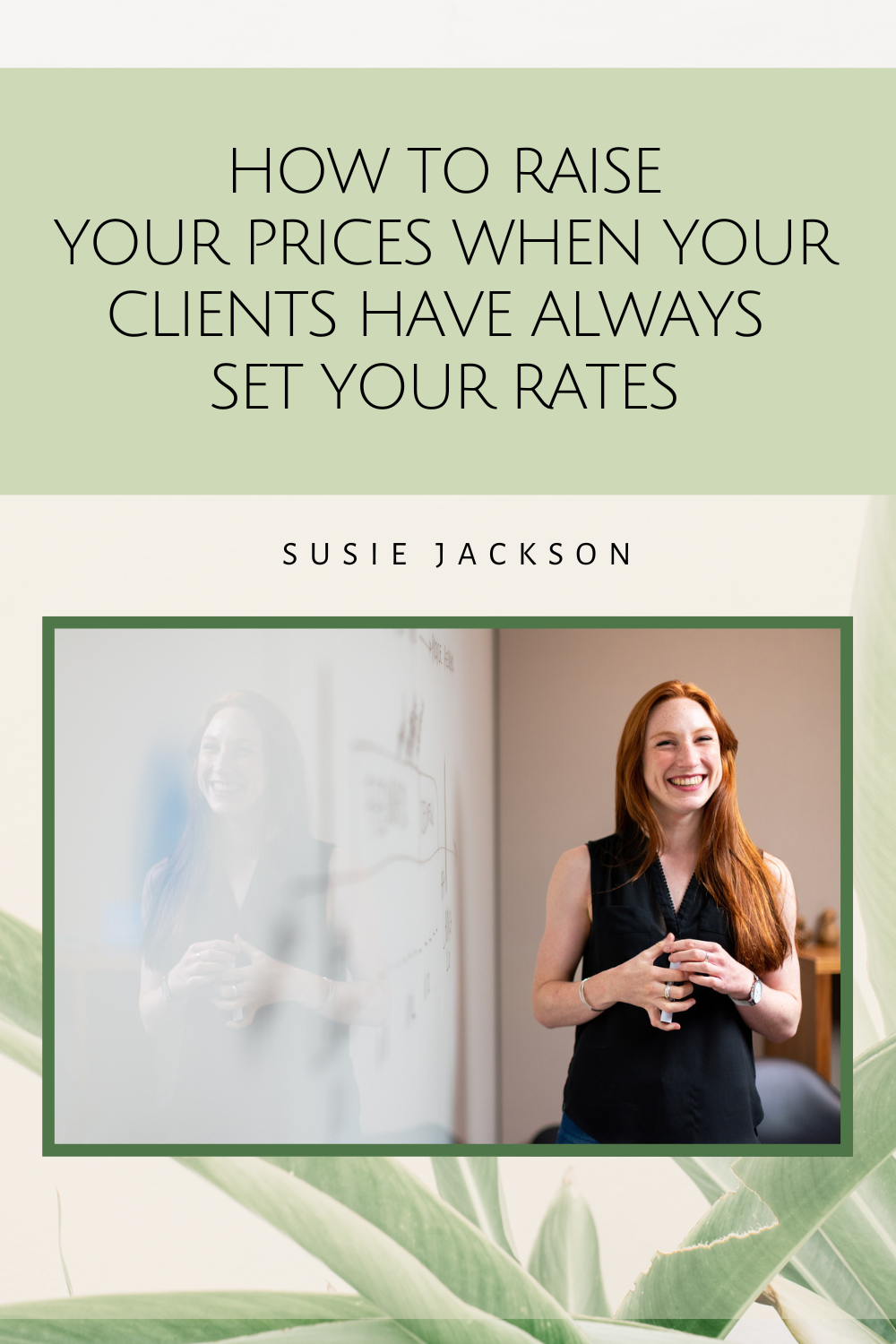Why Being Employed and Self-Employed at the Same Time Puts You in a Powerful Position When Pricing Your Services
There are lots of small business owners who balance freelancing alongside salaried employment. However, there also seems to be a stigma attached to not dedicating 100% of your working hours to running your own business.
In my role as a mentor, I’ve spoken to several people who were employed and self-employed at the same time and who felt ashamed of the position they were in. They seemed to feel as though they were failing because they weren’t freelancing full time. They saw it as evidence that they were either too afraid to take the plunge or their business wasn’t successful enough to allow them to take it full time.
My response to these perspectives is always the same: there is nothing to be ashamed of in having a job alongside your freelance work!
In this blog post, I’m looking at some of the reasons why there’s nothing to be ashamed of, as well as exploring how being both employed and self-employed puts you in a powerful position when it comes to pricing your services as a freelancer.
Why you shouldn’t feel ashamed if you have a job alongside your freelance work
There are many reasons why people decide to hold down a job and run their own business at the same time.
The first is financial. Some of us simply need the financial stability that salaried employment is able to give us. We might have elderly relatives or children to take care of, high household bills to pay, or a variety of other expenses that we might not be in a position to cover through freelancing alone. In addition, we might find having that extra financial security beneficial for our mental health.
But besides the financial considerations, there are lots of other things that a job can give us that we might struggle to find solely in our freelance work. For example, salaried employment is more likely to offer us colleagues and in-person relationships that might combat some of the isolation of freelancing. Not only this, but a job can also provide us with variety in the work we do and different types of physical or mental stimulation that we might not get otherwise.
Whatever your motivation for choosing to have a job alongside your freelance work, there’s absolutely nothing to feel ashamed of. With inflation and the higher costs of living that we seem to be facing globally, I think more and more people will go into salaried employment while maintaining some aspect of their freelance careers.
In fact, having a job alongside your freelance work might be a great solution for you if you find yourself worrying about making ends meet. One reason for this is that having a job while running your own business puts you in a really powerful position when it comes to pricing your services. Here’s why…
Why being employed and self-employed at the same time puts you in a strong position for pricing your services
When you already have a job, it means that you aren’t as dependent on your freelance income as you would be if you were relying on it 100%.
If you’re employed when you first set up your own business, this is the perfect opportunity to get your prices right from the start. You won’t feel as tempted to offer lower rates just to land your first projects. In any case, don’t do what I did and charge peanuts! When I first started freelancing, I had no idea what I should be charging and plucked a figure out of thin air. Here I’ve written a blog post on how to price your services as a newbie freelancer so you don’t make the same mistakes I made!
On the other hand, if you’ve already established your business, having a job gives you a certain amount of freedom to increase your prices.
In both instances, being employed means that you don’t have to worry so much about clients not being able to afford the prices you want to charge. Your capacity is limited anyway, and you already have another source of income to provide you with some financial security. You can charge however much you'd like and can simply see if clients are willing to pay your prices.
When your decision-making process isn’t influenced by fear or by the need to land a project to make sure you earn something rather than nothing, you’re more likely to charge higher rates and develop stronger boundaries.
And once you do have freelance clients who are paying the rates you want to charge, you can take your freelance work full time if that’s what you want (or not!). You might decide to increase your freelance capacity and find more customers at your chosen rates. Or you might find that you’re happy with your current situation and would prefer to maintain your job alongside your freelance work. If this is the case, with the security of your salaried employment, you could even carry on increasing your prices so your income continues to rise!
Whatever you decide to do, it’s important that you make the right decision for you and no one else. You certainly shouldn’t feel forced to take your freelance work full time simply because it’s what everyone else seems to aspire to.
How to price your services when you have a job complementing your freelance work
When I teach my mentees how to price their services, I always recommend taking into account both their business and personal expenses. When setting your rates, you need to make sure you're earning a decent living while still making time for the things in life that are important to you.
If you have a job that complements your freelance work, the principle remains the same. However, I would suggest setting your rates based on how much you would need to earn to replace your salaried income too. This way, you’ll have the means to take your business full time at some stage in the future if you wish. The aim is to make sure that if you decide to quit your job and focus solely on freelance work, you’ll still be making enough money to cover your expenses and earn a decent living.
If you’re unsure how to calculate your rates so that you’re earning a decent living and still making time for other things in life, my Charge with Confidence mentorship is for you! During the programme, I’ll help you determine how much you need to be charging so that you’ll always be earning what you need without having to worry about making ends meet.
I run Charge with Confidence throughout the year on a 1:1 basis, so if it sounds like a good fit for you, you can get started straight away!
Hi, I’m Susie
I mentor freelancers on pricing and business finances so you can earn a decent living doing what you love.
I’m a translator, editor, chocoholic, crochet addict, animal lover, and budding gardener (get it?) who loves empowering others to achieve their goals.













